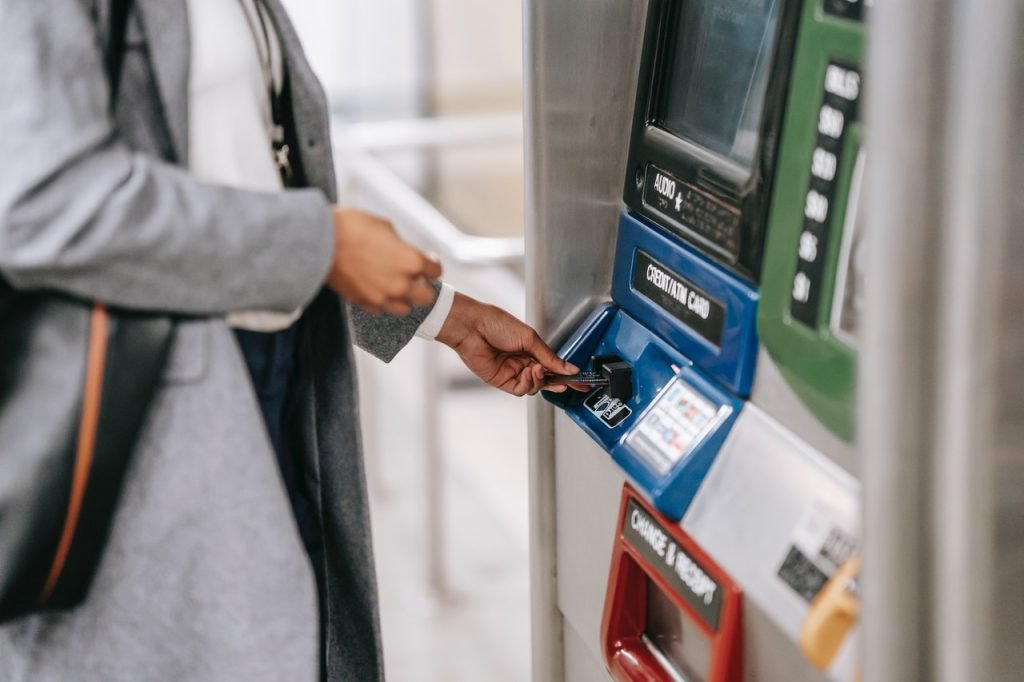What are digital banks?
Before getting into digital banks, let’s understand how traditional banks are different from digital banks.
Traditional banks or the normal public/private banks are financial institutions that offer banking services to their customers. They are spread across the entire country with their local branches and also have their headquarters and regional headquarters spread across several states. Traditional banks provide the facility to deposit money, provide loans, and several other services to consumers.
Now coming to the online version of banks which are Digital banks. These offer similar facilities as traditional brick-and-mortar banks. But the fundamental difference that separates a digital bank from a traditional bank is the absence of any offline bank branch. Digital banks offer their services through their online platforms (website and mobile application).
How do they work?
The services provided by Digital banks are similar to any other bank when it comes to core banking services. But the only place where these are distinct is in the area of ‘face-to-face customer interaction’. As digital banks do not have any offline presence in the forms of bank branches, you cannot walk into the bank and perform banking activities such as cash deposits, withdrawals, etc.
These banks are totally virtual, and based on the internet, therefore in order to transfer money or perform any other banking transaction, you will need to perform that online. Similarly, to access your money or perform any operations, you’ll need the credentials of your account. You will receive a Debit card with which you can withdraw cash from any ATM around you.
To open an account with these digital banks is extremely easy. You will have to fill in your basic details such as Name, Address, PAN card number, Aadhaar card number, etc.
After the process, your online KYC (Know your Customer) would be done. And once your KYC is successfully completed, your account will be fully functional and ready.
Are they safe?
Now that you are familiar with the benefits and how to open a digital bank account, the question arises, are they safe?
The answer to the question in one word is Yes! Digital banks are completely safe to use and keep your money. Here are some reasons to support the point.
-
Security
Online banks are equally secure as traditional banks if not more when it comes to account security. On top of your PIN and password, you also get some added security features such as biometric identification that include Face ID or fingerprint and ‘Two Factor Authentication‘. These features make them extremely secure from any online threats and phishing attacks.
-
DICGC Insured
Like any other private or public sector bank, most of the digital banks are also insured by the DICGC (Deposit Insurance and Credit Guarantee Corporation). Under this, any deposit up to Rs 5 lakh in your digital savings bank account is insured. Therefore even if the bank winds up business, you will get your money back to the tune of Rs 5 lakh.
-
Regulated by RBI
Similar to traditional banks, digital banks are fully under the regulations of the RBI (Reserve Bank of India). Therefore, any existing or new regulation imposed by the RBI will be applicable to all digital banks. This makes them equally monitored and standardized when compared to any other traditional bank.
Conclusion
With the increasing demand for digitization of financial services, digital banks have witnessed tremendous growth in the last couple of years. With the inclusion of other financial services such as credit cards, consumer loans, investment products, etc, digital banks can soon be at par with the traditional banks in terms of transaction volume and number of customers. Apart from compulsory KYC and DICGC insurance, digital banks are strictly regulated. Therefore, you can consider them safe and use them.

